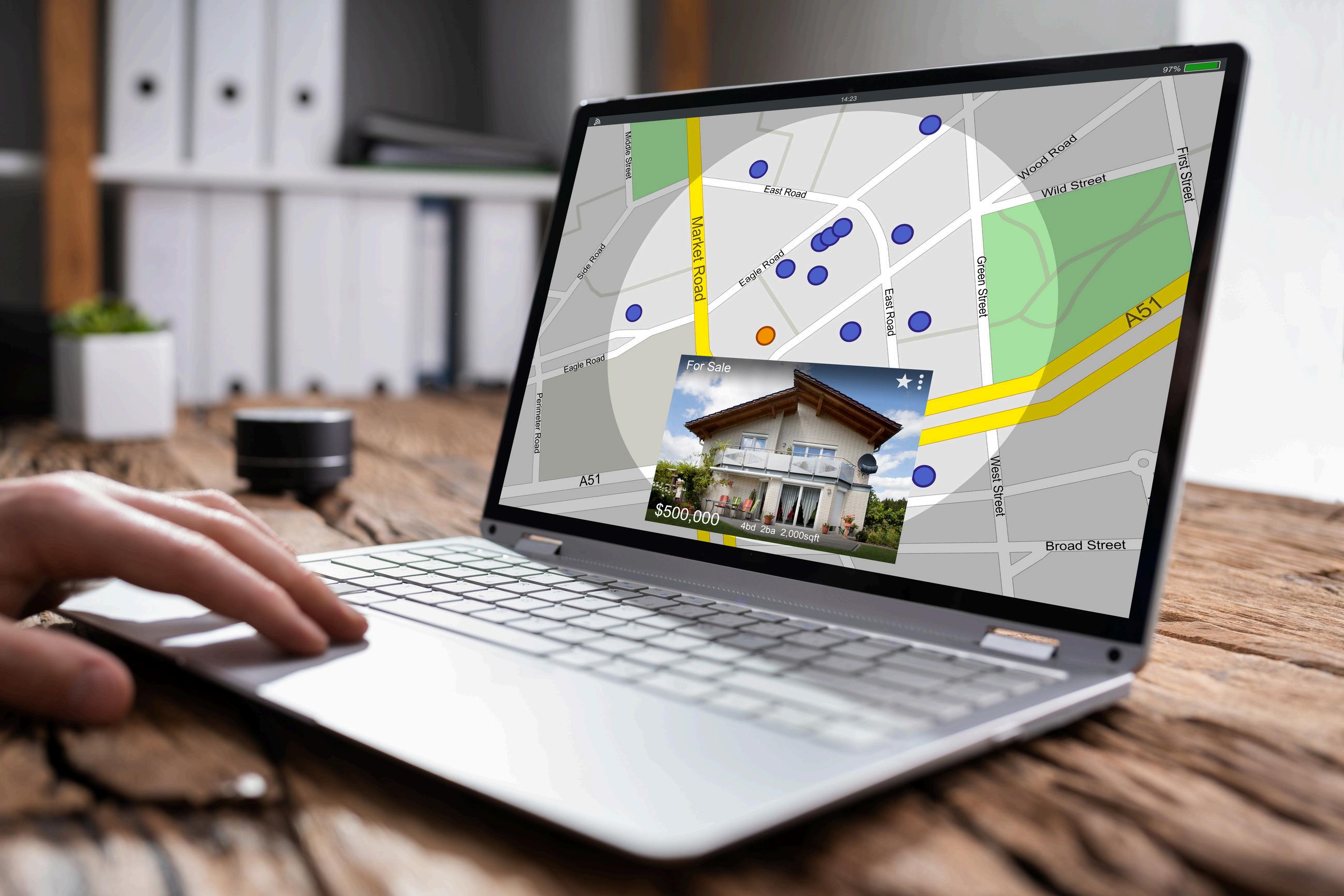MARK LITWIN: HOW REAL ESTATE IS BEING SHAPED BY TECH


In just a couple of decades, we’ve seen a total transformation in real estate technology. These rapid innovations have created significant changes in how professionals approach all aspects of the industry. Proptech has become an indispensable part of the toolkit, offering digital solutions to property investors, real estate professionals, and stakeholders. The proliferation of Proptech has been so extensive that many are finding it overwhelming to decide which solutions are necessary for their success.
As the President of Marrisa Holdings, a Toronto-based private equity firm, I emphasize finding partners with a demonstrated ability to capitalise on the innovation and efficiency that these new technologies can offer.
When used for property management and maintenance, these automated applications can reduce errors and save a significant amount of time. They can reduce paperwork and optimise
resources, allowing for more cost-effective solutions. Proptech has enhanced the market’s ability to provide customer service for buyers, sellers, and tenants. There are now streamlined ways to make rental payments or to virtually tour a property. The solutions that are aimed at tenants create a trickling effect, adding value to residential units and single homes.

As investors, one of the biggest advantages that Proptech can provide is access to data. The ability to process, centralise and interpret data faster is leading to more informed decision-making. The speed and accuracy in identifying risks and opportunities are making AI solutions more and more popular for firms like Marrisa Holdings. We are also seeing accurate data provide more transparency for buyers and sellers, giving them more confidence in their decisions.
Proptech has instilled greater confidence in firms investing in new developments by offering innovative tools and insights. This enhanced accuracy in planning is leading to a significant reduction in mistakes and failures to meet deadlines, ultimately streamlining processes and improving overall project outcomes. As a result, companies are more willing to take on ambitious projects, knowing they have the technology to support them effectively and navigate challenges. The impact of these advancements is transforming the industry, fostering a more reliable and efficient approach to real estate development while promoting collaboration among stakeholders.
The biggest challenge that I see with Proptech is the human resistance to change. We need to ensure that before implementing certain tech resources, we include employees in the decisionmaking process. Actively listening to their experiences and perspectives allows us to tailor the technology to fit our specific needs, enhancing adoption and effectiveness. By fostering an inclusive environment, we can address concerns, build trust, and promote a culture that embraces innovation rather than fearing it.

This collaborative approach ultimately leads to more successful technology integration within our organisation.
The bottom line is that the growth of Proptech is advantageous to investors looking to expand their potential investments. The ability to streamline information is allowing us to predict market trends. With this advantage, we can make decisions that are more likely to see success for all parties involved.
As tech continues to develop, it is becoming increasingly important that we continue to stay up to date with the latest offerings in order to optimise investments and the real estate industry.
